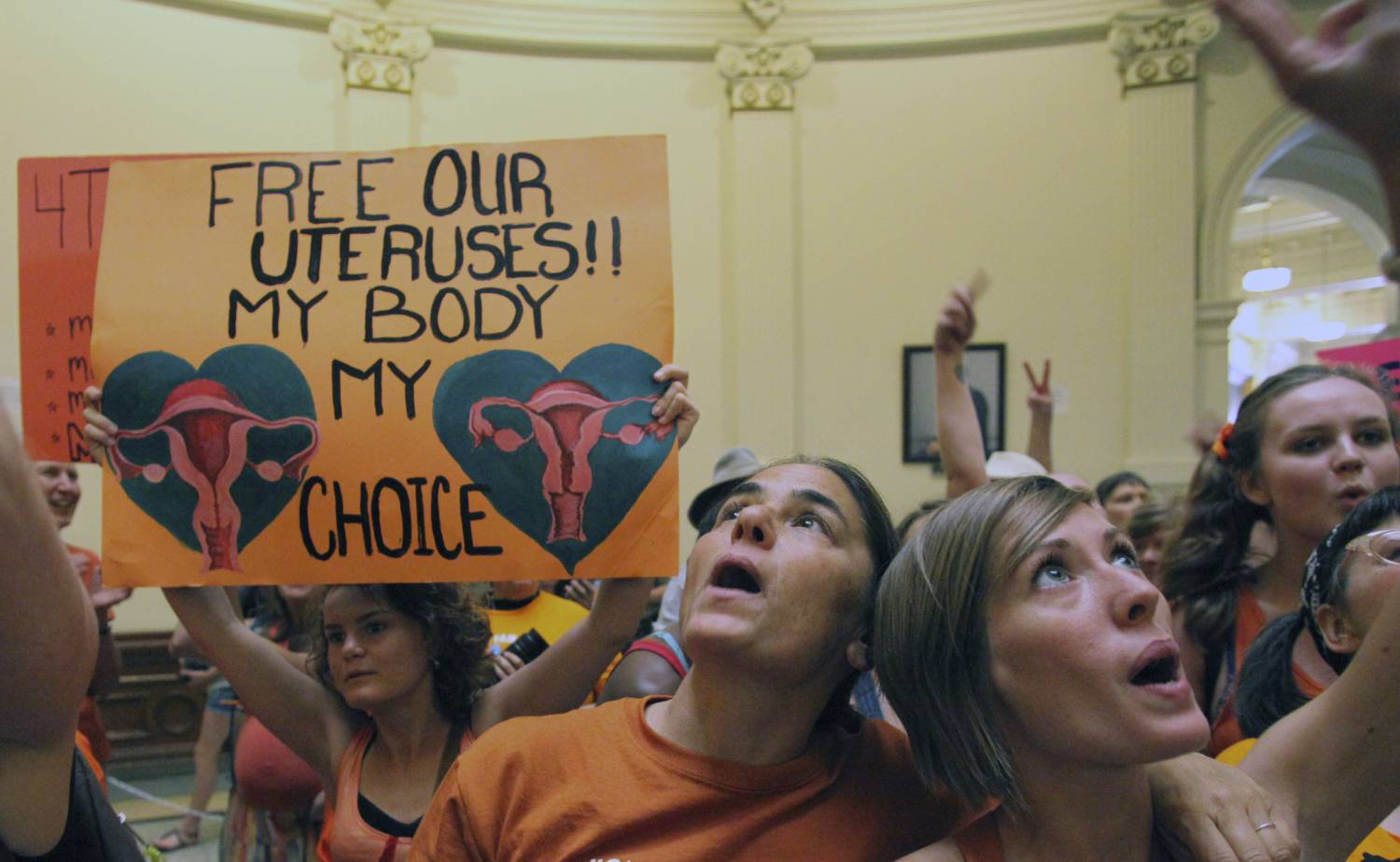On September 22, 2016, Lambda Legal joined thirteen other LGBT organizations in a letter urging Congress to reject the four-decade-old Hyde Amendment, a harmful and discriminatory prohibition on Medicaid assistance for low-income women in need of abortion care.
For the past 50 years, the Medicaid program and other federal health insurance programs have underwritten medically necessary health services for Americans living in severe poverty who meet specified criteria. The Hyde Amendment, first passed in 1976, created a special exception for abortion and does not even permit ending a pregnancy due to fatal fetal abnormalities or threats to a patient’s health unless the patient’s life is in danger.
Although this Amendment is not enacted into a permanent federal statute, each successive Congress has reauthorized it through federal appropriations (spending) bills. The Amendment’s prohibitions also have been adopted to block abortion care in other government-funded contexts, such as health insurance for federal employees, federally detained immigrants and Peace Corps workers.
In the 40 years in which it has been in force, the Hyde Amendment has imposed diverse dangers and severe harms upon low-income women through its restrictions on health care access.
Some women have been forced to carry pregnancies to term against their will. Others have been forced into later-term, much more difficult abortions.
Still others ultimately have resorted to dangerous, self-induced abortions or unsafe, illegal abortions from untrained practitioners.
By singling out low-income patients who need to end a pregnancy and interposing members of Congress between them and their doctors, the Hyde Amendment profoundly disrespects these patients’ decision-making abilities, and also stigmatizes and marginalizes them. This targeted exclusion of care denies that abortion is an essential component of basic health care. Denying low-income women the ability to make their own reproductive health decisions is discriminatory and harmful.
As Lambda Legal attorneys have previously explained, the stigmatization of abortion — one of the safest and most common surgical procedures in the United States — is interconnected with the struggles of LGBT people to be free from stigma and to live their lives with equal dignity. Religion-based judgments of some can lead to restrictions of individual liberty for others. And stereotypes about gender and sexuality can box any of us into roles that are simply wrong for who we are.





